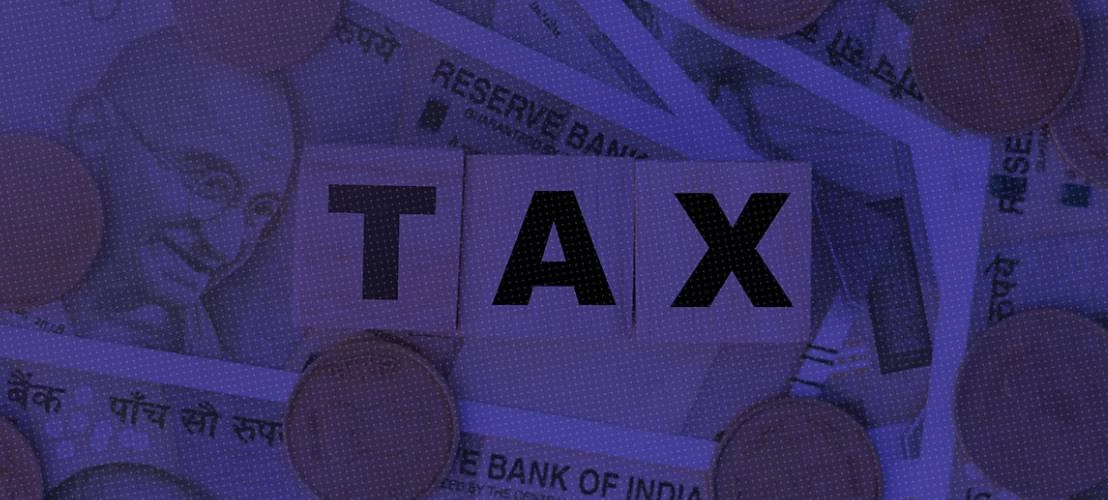The 3-Judge Bench of the Supreme Court has held that Directorate of Revenue Intelligence (‘DRI’) has no authority in law to issue a show cause notice under Section 28(4) of the Customs Act, 1962 for recovery of duties allegedly not levied or paid when the goods were cleared for import by a Deputy Commissioner of Customs who decided that the goods were exempted.
Referring to the provisions of Section 28(4), the Court observed that the obvious intention of the legislature was to confer the power to recover such duties not on any proper officer but only on ‘the proper officer’. It held that if the Parliament intended that any proper officer could have exercised power under Section 28(4), it could have used the word ‘any’.
The Apex Court in its decision dated 9 March 2021 however clarified that the proper officer need not be the very officer who cleared the goods but may be his successor in office or any other officer authorised to exercise the powers within the same office.
No inherent power to review in any authority
Observing that the nature of the power to recover the duty, not paid or short paid after the goods have been assessed and cleared for import, is broadly a power to review the earlier decision of assessment, it was held that such a power is not inherent in any authority.
The Court noted that no fiscal statute was shown where the power to re-open assessment or recover duties which have escaped assessment was conferred on an officer other than the officer of the rank of the officer who initially took the decision to assess the goods.
In the words of the Supreme Court,
‘Where the statute confers the same power to perform an act on different officers, as in this case, the two officers, especially when they belong to different departments, cannot exercise their powers in the same case. Where one officer has exercised his powers of assessment, the power to order re-assessment must also be exercised by the same officer or his successor and not by another officer of another department though he is designated to be an officer of the same rank. In our view, this would result into an anarchical and unruly operation of a statute which is not contemplated by any canon of construction of statute.' [Emphasis ours]
The Court also noted that re-assessment and recovery of duties as contemplated by Section 28(4) is by the same authority and not by any superior authority such as Appellate or Revisional Authority.
DRI officer not even a proper officer under Section 28
Further, the Supreme Court also held that Additional Director General of the DRI who was appointed as an officer of Customs under the Notification dated 7 March 2002, was not entrusted with the functions under Section 28 as a proper officer under the Customs Act.
Terming Notification No. 40/2012-Cus. (N.T.), relied by the Revenue department, as ‘ill-founded’, the Court noted that the notification was issued under Section 2(34) of the Customs Act which merely defines a ‘proper officer’ and does not confer any powers on any authority to entrust any functions to officers. The Court in the case Canon India Private Limited v. Commissioner held that if it was intended that officers of the DRI should be entrusted with functions of the Customs officers, it was imperative that the Central Government should have done so in exercise of its power under Section 6 of the Customs Act.







